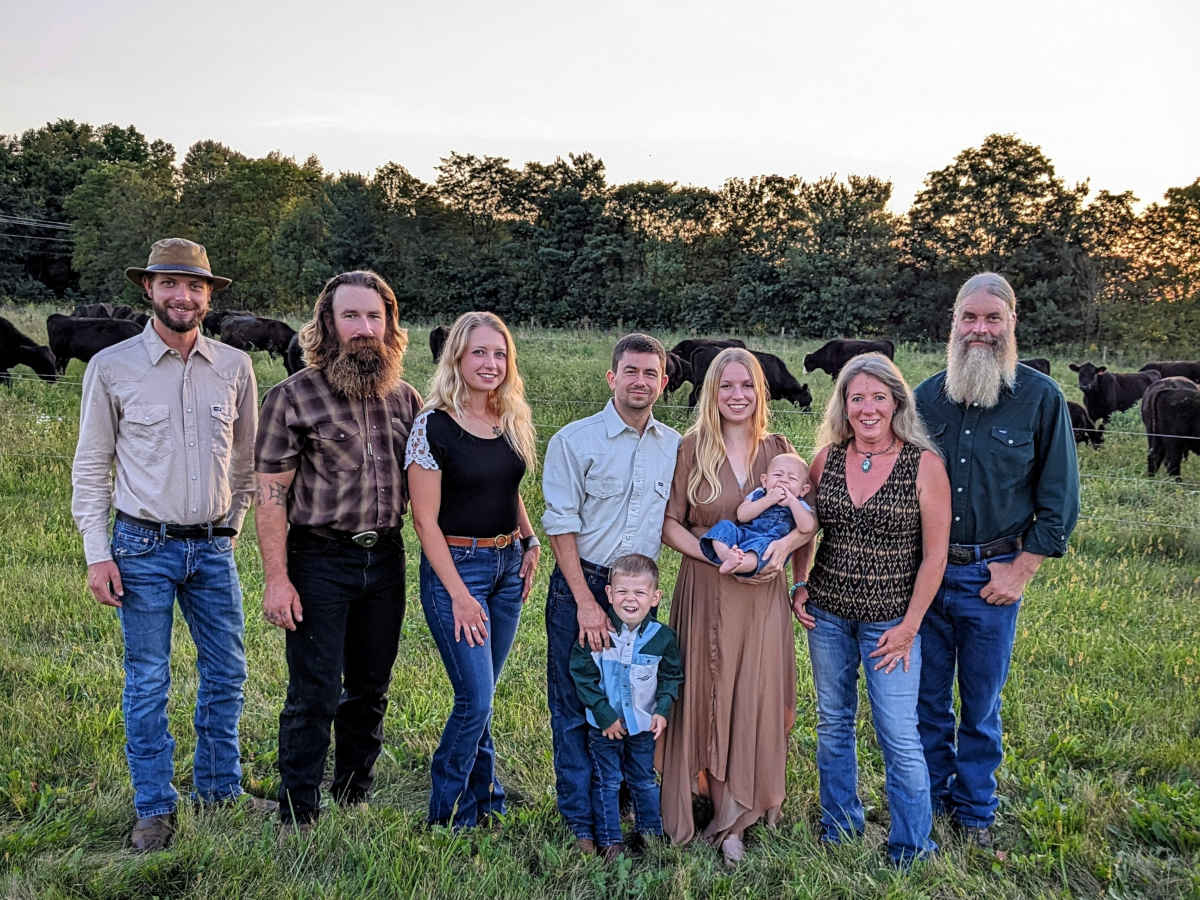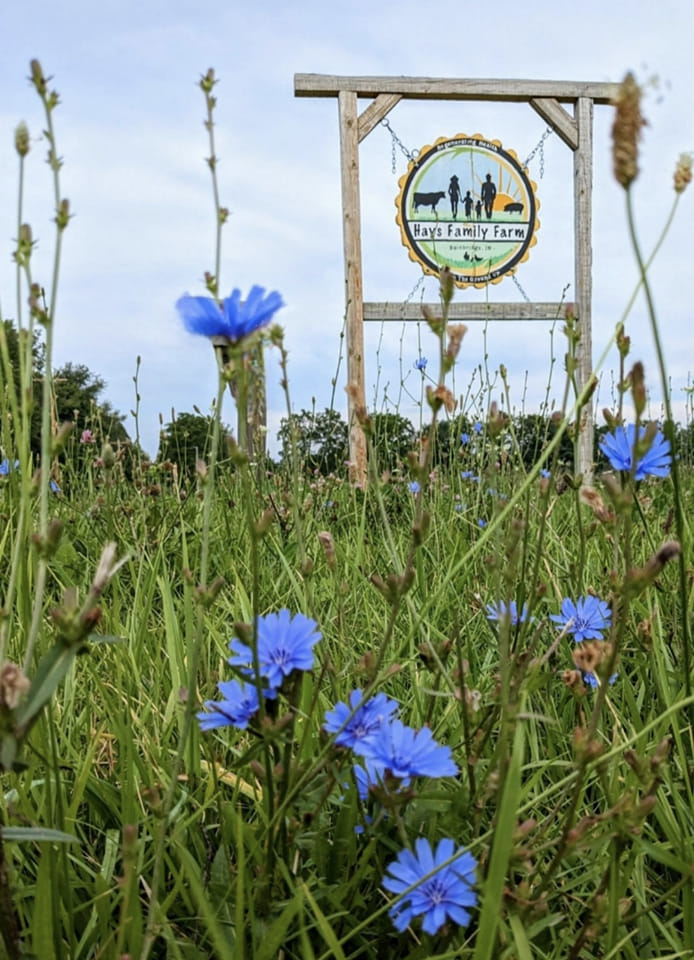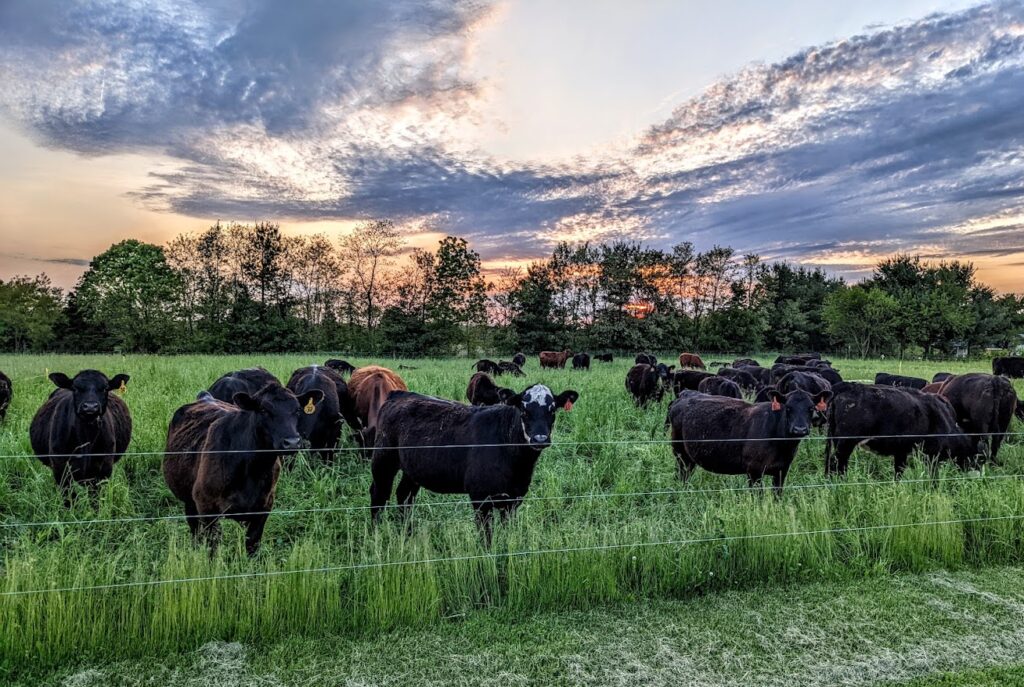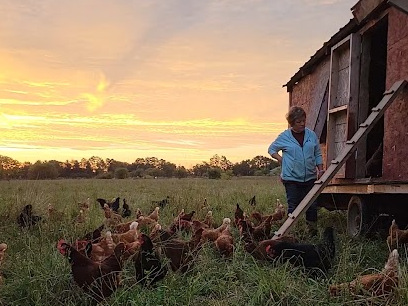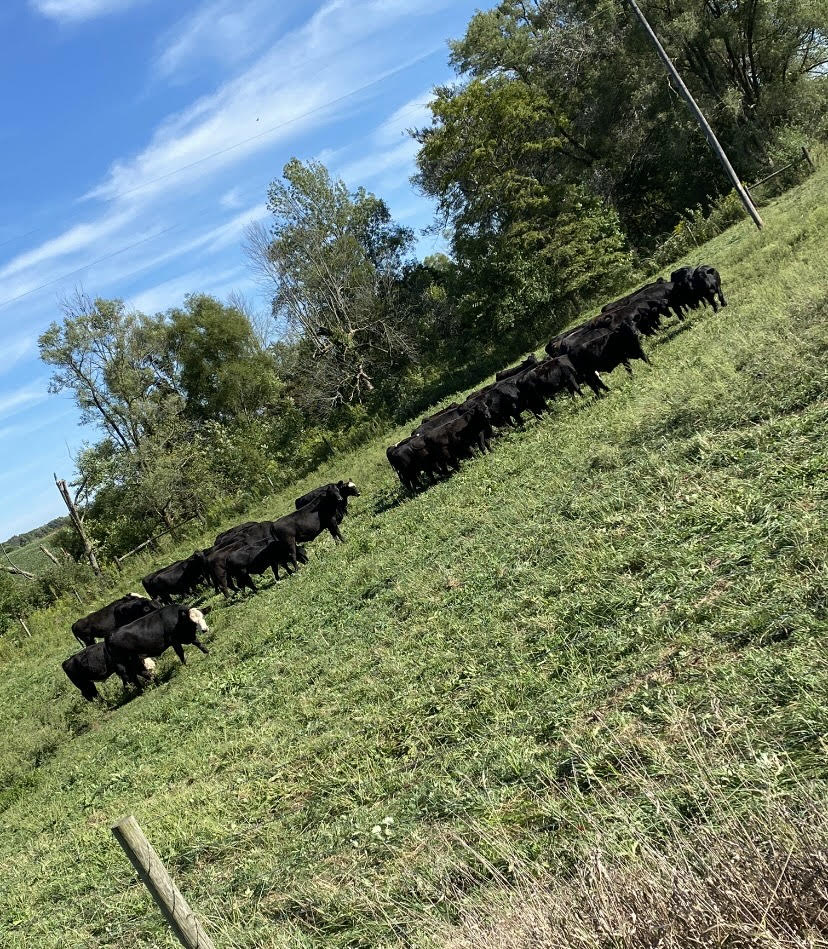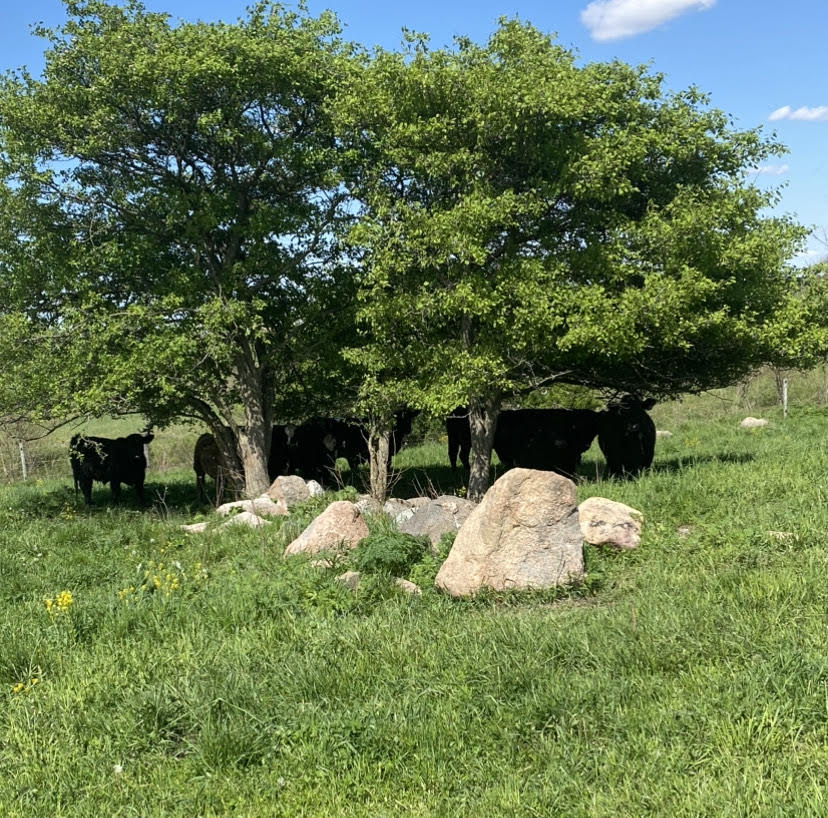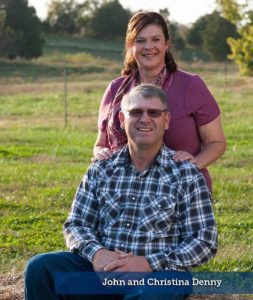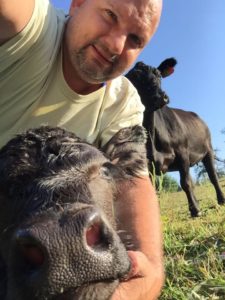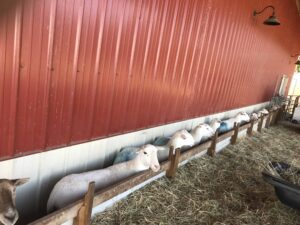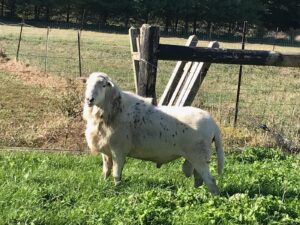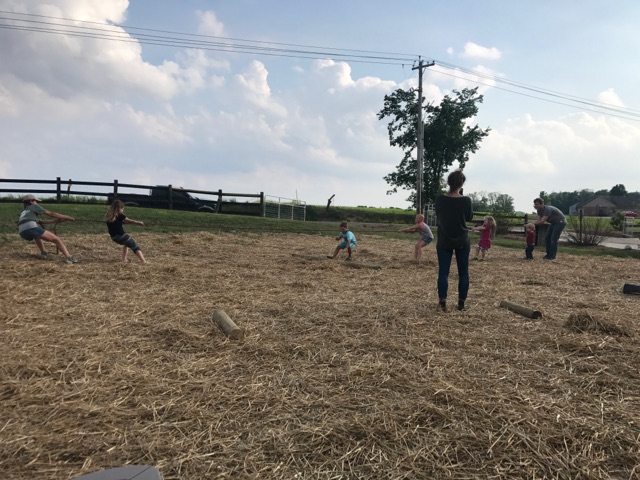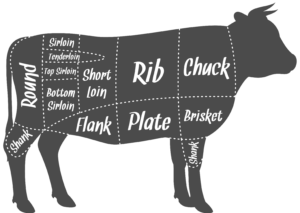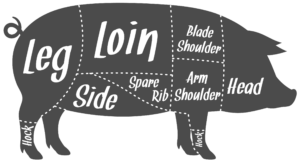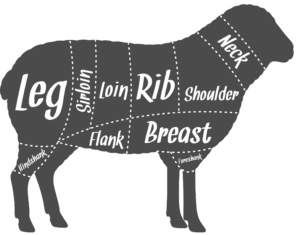Symbiosis (the act of one organism utilizing another organisms resources in order to better it’s chances of survival), is extremely prolific in any given ecosystem. Though macroscopic symbiotic relationships do occur, they are massively dwarfed in quantity by their microscopic counterparts. The relationship between any macroscopic organism, and the millions of microorganisms on the surface of the skin, and in the depths of the digestive system, is crucial not only to the survival of the microorganism, but the macroscopic organism as well. As with any ecosystem however, we as humans tend to disregard how much power and influence we really have.
Why is it necessary to administer antibiotics to feedlot cattle? It has to do with the diet. Cows are relatively large animals. In order to grow to such sizes, they need a large amount of proteins and various fatty acids. Green material is very low in both of these nutritional requirements for large size, so how do cows reach the size they do?
They reach this size through a symbiotic relationship with bacteria. In exchange for being allowed to live in the cows digestive system, feeding off of the food the cow eats, bacteria aid in the production of enzymes that break down Starch and Cellulose matter into their base components (glucose, carbon dioxide gas, methane gas, and basic organic compounds). The organic compounds can further be processed into the fatty acids and proteins cows need to reach their size. This chemical reaction initiated by the bacteria is responsible for cows being able to maintain their size on a low protein diet (and the reason the belch so often).
If cows are switched to a high protein diet (such as grain), the “good” bacteria present in the cows digestive system starve to death (they feed off of fibers found in roughage such as grass), leaving a large empty home for new bacteria. As the “good” bacteria starve to death, “bad” bacteria move into the cows digestive system. This (coupled with living quarters in which they are very close to other cows attracting “bad” bacteria), leads to a vastly increased rate of disease, and is why antibiotics are necessary in confined feedlot operations.
Bacteria are essential to human health as well, both physically, and mentally for some parents. It turns out that when baby’s are colicky, and thus cry uncontrollably, it is extremely stressful for the parent! A recent study found that oral supplements of Lactobacillus Reuteri to infants reduced the chance of the infant developing colic, and even reduced the amount of time infants spent crying at all.
It turns out bacteria aren’t all bad at all. In fact, they can be quite beneficial. They can help cows grow big, help babies develop functioning digestive systems much faster, and therefore even help parents hold onto a little more of their sanity!
Conner Smith
Fort Lewis College (n.d.). Ruminant Digestive System. Retrieved from http://faculty.fortlewis.edu/LASHELL_B/Nutr2-Rumdigestion.pdf on February 1, 2014
Flavia Indrio, MD; Antonio Di Mauro, MD; Giuseppe Riezzo, MD; Elisa Civardi, MD; Cristina Intini, MD; Luigi Corvaglia, MD; Elisa Ballardini, MD; Massimo Bisceglia, MD; Mauro Cinquetti, MD; Emanuela Brazzoduro, MD; Antonio Del Vecchio, MD; Silvio Tafuri, MD, PhD; Ruggiero Francavilla, MD, PhD (2014, January 13). Prophylactic Use of Probiotic in the Prevention of Colic, Regurgitation, and Functional Constipation. Retrieved from http://archpedi.jamanetwork.com/article.aspx?articleid=1812293&resultClick=3 on February 1, 2014
